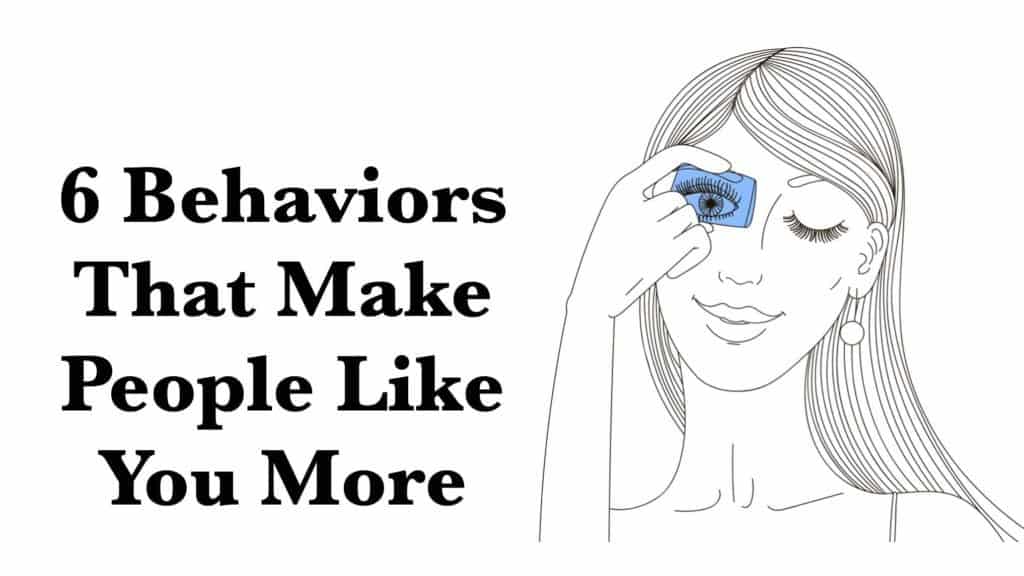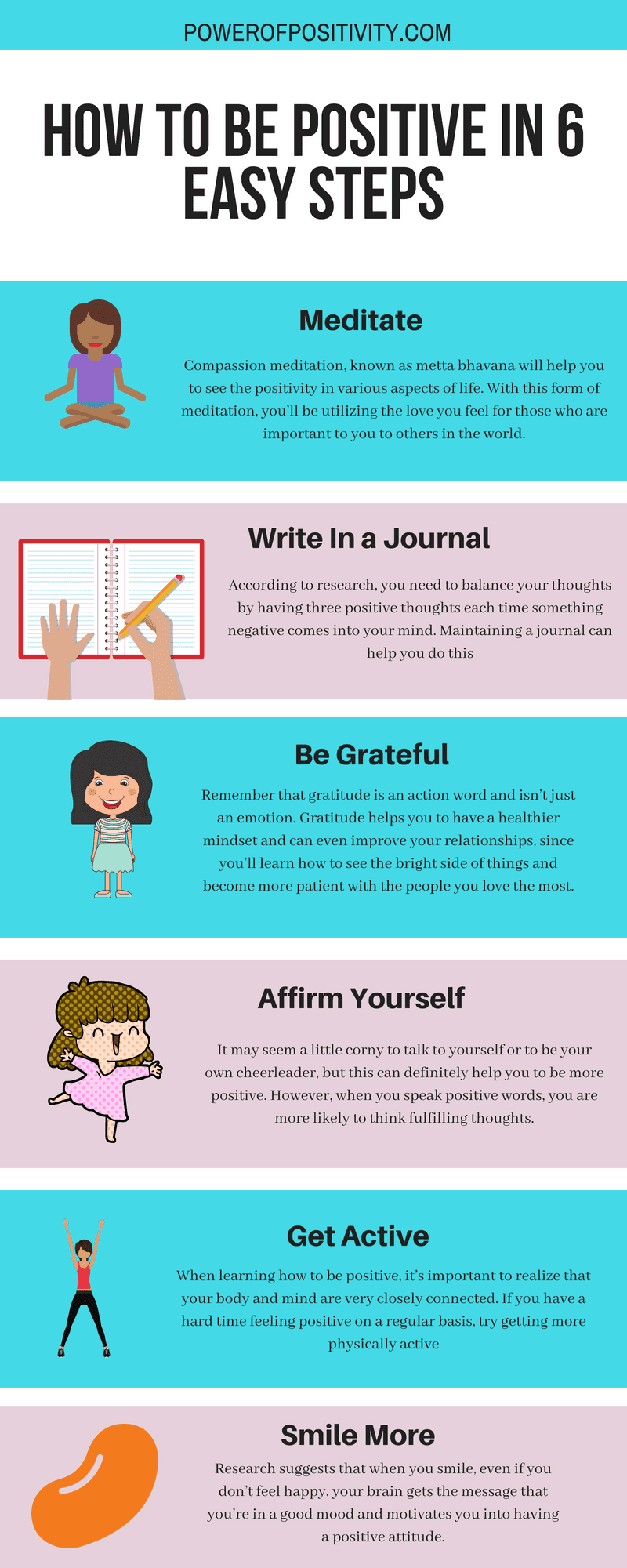Do you ever find that you beat yourself up over a certain action or behavior? For example, maybe you broke down and cried about something recently and later felt weak or inadequate. We all get these feelings sometimes, but we should never apologize for showing our authentic selves. Humans are emotional creatures, and all too often in this world, we must put on a happy face and pretend for the sake of others. However, you should never feel sorry for showing your emotions.
Here are 6 behaviors people think are negative (that are actually good for positive):
1. Feeling lost
In this world, finding your way seems more difficult than ever. People constantly want to tell you the next step to take, or how to improve your life, or what you should go to college for. However, confusion and loneliness can ensue if you don’t have the answer in your own heart. We’ve always been told what path to take, but we’ve never been told to question that path. Feeling lost is a part of growing up, and it’s all part of your journey home.
Remember, no one truly knows what they’re doing here; it’s all just a game, and we’re still learning all the rules. So, embrace feeling lost. Own your behaviors. You never know what you might discover when you leave the paved trail and carve one on your own.
2. Expressing anger or frustration with negative behaviors
While many people think of anger as volatile and destructive, anger is still a natural human emotion. What you do with that anger however, is an entirely different story. When you express anger about something, you release that emotion from your body. You probably have noticed that after an argument or big confrontation, you feel much lighter and more clear-minded afterwards. So, expressing anger can liberate you from what weighs you down, as long as you do it in a way that doesn’t verbally or physically harm others.
Anger happens when we’ve been wronged, and showing that emotion can bring about positive change. For example, by showing how you feel to the other person, they’ll get to hear your point of view and could possibly change their ways based on your side of the story. Holding in anger usually leads to more severe problems, while releasing that emotion can emancipate you from emotional prison.
While you should never yell at or physically hurt someone, you can firmly hold your ground and let the other person know how you feel. Never apologize for your emotions; they exist for a reason.
3. Turning on the tears
Just like other emotions, many people normally suppress feelings of sadness because they don’t like to cry. Of course, no one likes to feel sad, but tears serve a significant purpose. They help us to release pent-up emotions and feelings while lowering stress levels. Tears can show others how we feel so that they can attempt to help us. No one can figure out all the answers here, and sometimes we get so frustrated, lost, confused, and depressed that all we can do IS cry. So, don’t look at crying as the enemy; it can help you heal, release, and fill your body and mind with positivity again.
In fact, a 2008 study from the University of South Florida found that crying helps to boost moods and self-soothe more effectively than any antidepressant. Crying helped to improve the mood of 90% of participants, while only 8% said they felt worse.
4. Solitude
We live in a social world, so it’s easy to feel pressured to do things with others constantly. However, spending time alone has its benefits. First, you’ll never truly feel comfortable around others until you can learn to enjoy your own company. We must go deep within and channel higher energies to honestly know and love ourselves. Only then can we feel comfortable with solitude, and only then can we feel comfortable amongst others. The world can be overwhelming, and there’s no harm in taking the time to recharge alone in the tranquility of your own home or favorite place.
5. Challenging the mainstream
We all wanted to fit in as children, but now that we’ve gotten older, we all want to stand out. We want to be someone, to leave our mark, and to become our truest selves. To do this, we must question the world around us and determine whether we agree. Most people disagree with something about this world, but actually taking action against it and coming up with something better takes courage and innovation. However, those who challenge the mainstream and carve their own way have followed their heart and intuition.
Challenging mainstream behaviors means listening to your inner voice over the many voices of others telling you how to live, and you should never apologize for living your truth. Trying to fit in will only take you as far as the crowd; being yourself will take you past it.
6. Being stubborn and other harmful behaviors
People tend to view stubbornness as a negative trait, but being stuck in your ways doesn’t always have to be bad. For example, if you want to travel the world but your parents and friends see it as irresponsible and entitled, you will probably stand your ground and list all the positives of taking time off to explore. Being stubborn just means that you know in your heart what you want and that others would never have any idea what behaviors and outcomes you truly desire.


















